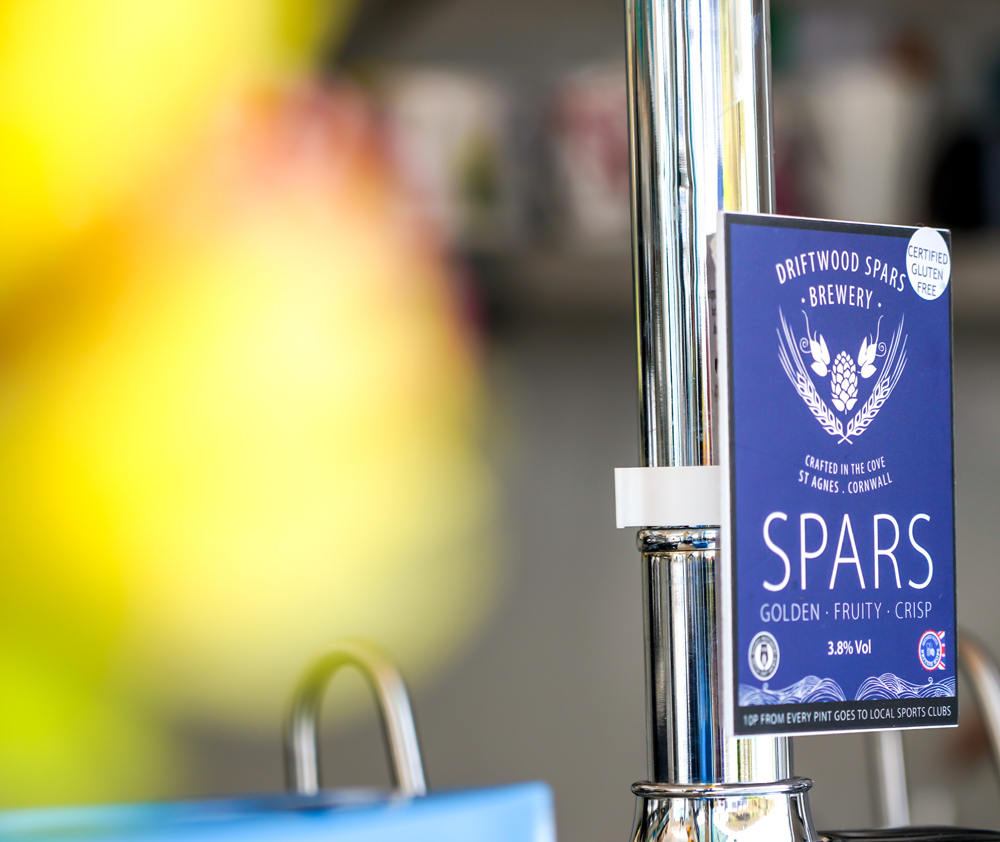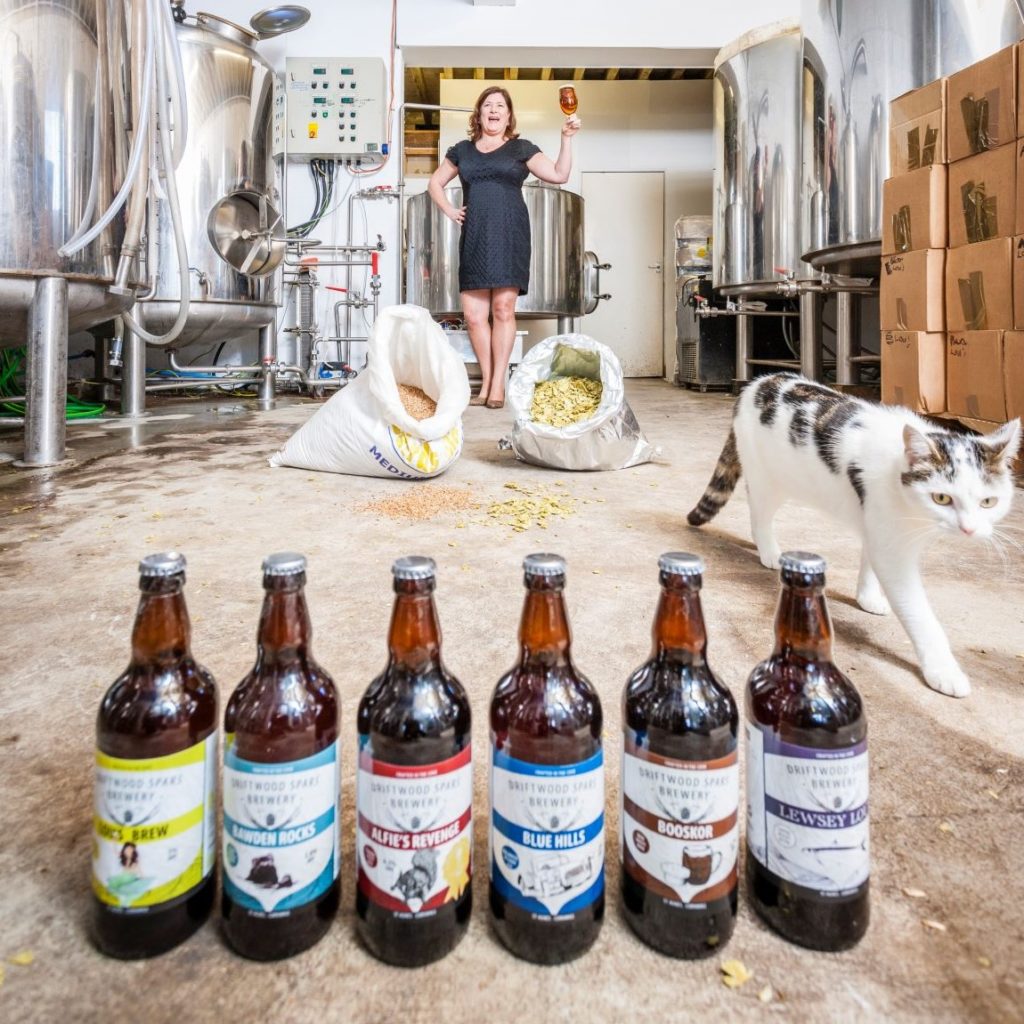
06 Nov Beer Tasting: A Professional Guide
Landlady and resident beer expert Louise Treseder confesses to being a little on the fussy side when it comes to beer. Here she reveals her insider tips to beer tasting, sharing her extensive experience in this area!
“I can be a bit fussy about the beer I am served to drink. I like it to be brewed with balance, and then kept and served properly.
I love to try something new and different when the opportunity arises, but whether it’s an old favourite or something new there are always a few key things that you want to be present in your beer.
The first thing to look for is clarity in a fined beer. Unfined beers are becoming more popular as people want less additives in their drink. Fining helps the yeast sediment drop out, giving a nice clear beer. So, if your beer is fined you want it to be crystal clear.
Temperature is crucially important – too cold and you could get a chill haze, and you don’t get the full flavour of beer if it’s too cold (ideal temperature is between 8oC & 13oC). Particularly a hearty winter beer won’t give you it’s fullness of flavour if served too cold. I believe a good beer will still taste delicious if it’s warm.
A pleasant aroma is also essential. If it smells of sulphur or wet newspaper, I would take a deep breath and suggest to the publican that their lines might need a clean. You should be able to pick up smells of hops – these will be grassy, citrusy, fruity notes and the malts can give you coffee, chocolate and caramel notes. It should smell pleasant and enticing..
Taste is really the final factor! This will depend on the style of beer. A strong IPA or winter ale should have a taste that lingers on your palate; citrusy and refreshing for an IPA and rich, fruity and comforting for a winter beer. In my opinion, a good beer should be well balanced between the sweetness of the malt and the bitterness of the hops. You want a good mouthfeel – let the beer linger in your mouth before you swallow. Unlike wine, you don’t spit beer as the dryness and bitterness can only be appreciated when you swallow.
An unbalanced beer with cloy up your taste buds either with too much bitterness or too much sweetness. If you’re trying lots of different beers refresh your palate with dry crackers and water. When you’re tasting beer, you want to start on the lighter beers first which are more delicate in flavour; if you taste a strong flavoursome beer prior to lighter beer you won’t get much from the lighter beer. I often find that my nose is the first thing to go at a beer tasting and I struggle to smell much, I’ve not worked out how to keep my sense of smell going over a long tasting session yet!”





No Comments